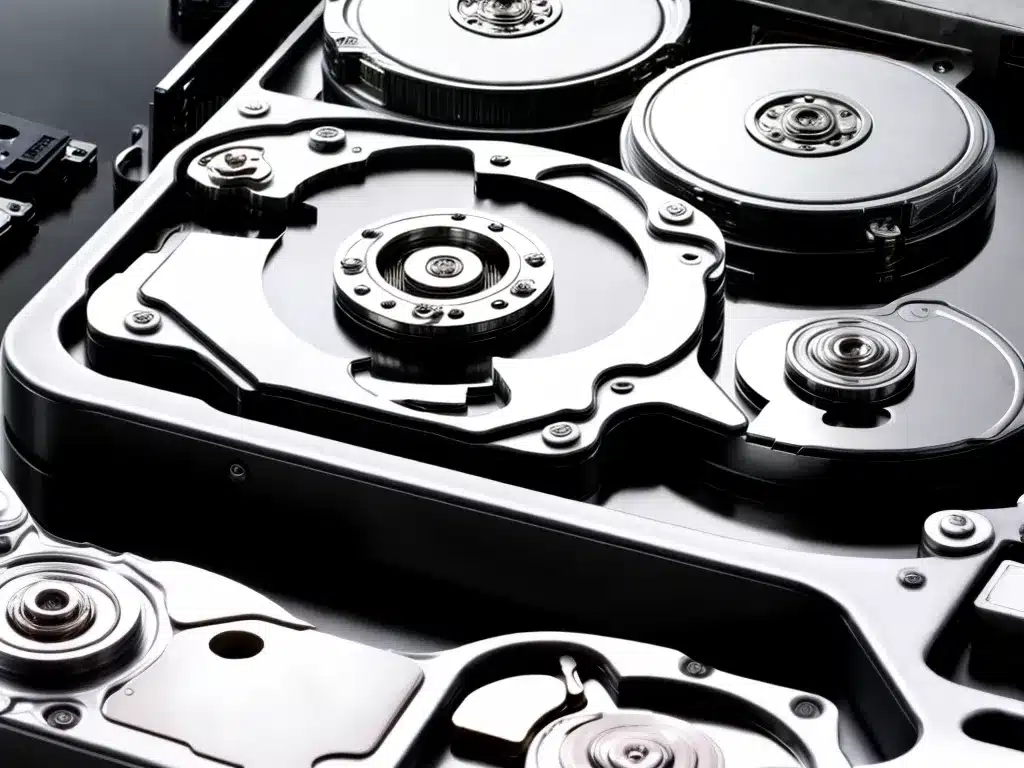
I’ve been building and repairing computers for over 10 years, and in that time I’ve seen my fair share of failing hard drives. A failing or corrupt hard drive can lead to catastrophic data loss, so it’s important to catch the signs early and replace the drive before it dies completely. Here are 6 common signs that your hard drive may be failing and in need of replacement:
1. Frequent crashes and freezes
One of the first signs of a failing hard drive is when your computer begins freezing or crashing frequently, especially during times of heavy disk access. This happens because the mechanical components in the hard drive are starting to deteriorate, and the drive is having trouble reading data off the platters. As the problem worsens, you’ll notice more freezes and crashes, sometimes even resulting in the dreaded “blue screen of death.”
2. Strange noises
Failing hard drives can begin to make strange noises like clicking, buzzing or grinding. These noises stem from the mechanical failure of components within the hard drive. For example, a clicking noise usually means that the read/write heads are having trouble moving across the platters. Any new noises coming from the computer are a telltale sign that the hard drive is failing.
3. Long boot times
When you first power on your computer, it has to load the operating system and files from the hard drive before you can begin working. So if your boot time suddenly becomes much longer than usual, it could mean the hard drive is having mechanical issues that delay the disk operations needed to start up the computer. This problem will steadily get worse over time.
4. Data corruption or loss
As the components in a hard drive begin to fail, sometimes the data written to the platters can become corrupted or lost. You may experience corrupted files, missing files, or folders that are unreadable. This tends to happen more as the hard drive problems worsen. Backing up your data regularly is crucial to avoid permanent data loss.
5. Disk errors
Your operating system may start showing disk errors or warnings about the health of the hard drive. For example, on Windows you may see warnings about pending disk failures or that the disk needs to be formatted before it can be used. These are clear indications that the hard drive has bad sectors and is unreliable.
6. Slow disk performance
A failing hard drive will demonstrate noticeably slow read and write speeds. Programs like Windows Explorer may lag or hang when trying to access files on the hard drive. The performance issues are most noticeable when opening and saving large files, like videos, pictures and games. This happens because the mechanical components can’t keep up with the large amount of data.
In conclusion, frequent crashes, strange noises, slow performance, long boot times, data loss, and disk errors are all warning signs that your hard drive is failing. At the first signs of a problem, you should immediately backup your data and replace the faulty hard drive before you experience permanent data loss or catastrophic failure. Preventative maintenance like monitoring your hard drive health and smart usage can help avoid issues down the road.












